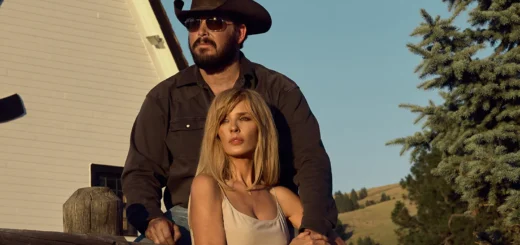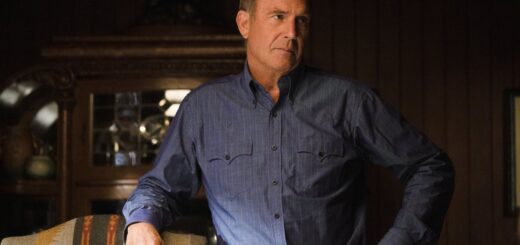“Kevin Costner’s Unforgettable Moment: How It Shaped His Best Film and the Challenges Ahead for Horizon”
Kevin Costner: The Price of Success and the Challenges Ahead with Horizon
For Kevin Costner, achieving success has often come with significant sacrifices. He embodies a spirit that feels rooted in a bygone era, particularly the days of the Old West. His cinematic legacy largely revolves around playing cowboys, gunslingers, and heroes of the American frontier. Unlike John Wayne or Clint Eastwood, Costner represents a new wave of Western actors who had to navigate the evolving landscape of Hollywood, balancing the demands of sci-fi thrillers and action flicks with his passion for a genre that seemed outdated. Ultimately, his dream was validated when Dances With Wolves proved that Westerns still had a place at the top of the box office.
The Rise and Fall of Kevin Costner’s Magic
When Dances With Wolves premiered, it took Hollywood by storm. The film resonated deeply with audiences, prompting many to reflect on their lives after watching it. Costner’s directorial debut was nothing short of miraculous; it swept the Academy Awards, solidifying his status as a cinematic force. Yet, amidst the chaos of its success, the story behind its creation is often overlooked. Costner credits his “pain-in-the-ass friend,” Michael Blake, with bringing the original screenplay to life.
Blake, frustrated with Hollywood’s script quality, began crafting a new story while staying at Costner’s home in the late ’80s. Despite Costner’s initial reluctance—often responding to Blake’s requests to read his work with irritation—he eventually picked up the script and was captivated. “Michael, I’m gonna make this into a movie…” he declared, leading to a collaboration that earned Blake an Academy Award. In many ways, Dances With Wolves was a serendipitous creation, a blend of chance and creativity that is unlikely to be replicated in Costner’s upcoming project, Horizon, especially without Blake’s influence.
The Uncertain Future of Horizon
While Horizon: An American Saga aspires to be a significant Western, its potential for success remains uncertain. The film has its merits, particularly as it seeks to revive the spirit of original storytelling in Hollywood—a practice that has become increasingly rare. Costner’s ambition to shape this four-part saga is commendable, yet it risks falling flat if it fails to engage audiences.
Despite its bold vision, Horizon must entertain to survive. The Western genre is in a precarious position, and if Costner’s film does not resonate, it could tarnish the legacy of Westerns altogether. In today’s cinematic landscape, Hollywood appears indifferent to the genre, with contemporary audiences leaning toward films that blend high drama and action, as seen in Quentin Tarantino’s work. His films, while not traditional Westerns, incorporate elements that keep viewers engaged through intense storytelling and stylized violence. In contrast, Costner’s pure vision for Horizon might not capture the audience’s attention in the same way, risking a swift exit from theaters for those looking for excitement.
In summary, while Horizon aims to reclaim the artistry of the Western genre, its success hinges on Costner’s ability to captivate modern audiences. If he can’t achieve that, the film might not only struggle to find an audience but could also impact the future of Westerns in cinema.


